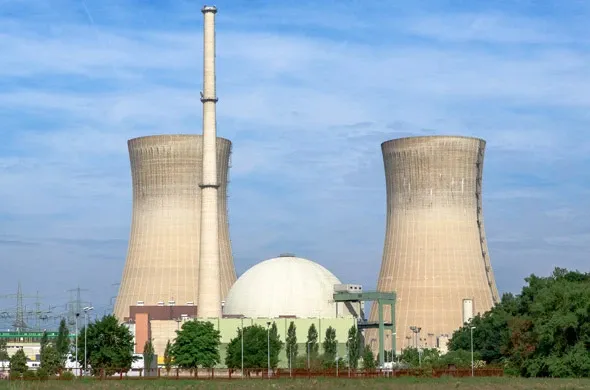CES 2026: Samsung To Operate a Standalone Exhibition Hall
Samsung announced that it will present a new exhibition paradigm with The First Look at CES 2026.

Veridium Labs, a company incubated by EnVision Corporation, is collaborating with IBM to help transform the carbon credit market using blockchain technology with the goal of making it easier for companies to offset their environmental footprints.
Veridium's new solution for carbon credits will encompass the entire process of carbon footprint accounting and offsetting. Relying on IBM blockchain technology, the company plans to transform carbon credits into a new type of fungible digital asset that can be redeemed and traded on the Stellar network with less friction. The project builds upon IBM's work in both public and private blockchain networks to enable clients and developers to engage in token-related networks.
Many companies purchase third party carbon credits. But the process of measuring those emissions throughout a complex supply chain can be confusing and costly. Purchasing these financial instruments is often equally complex. Blockchain based digital assets, or tokens, can enable innovative ways to buy and use the underlying carbon offset since they can move and settle swiftly across networks.
Tokenization provides increased trust and integrity in the flow of information among trading partners and network participants. Further, integrating the entire process of carbon accounting and offsetting into a digital token on a public, permissioned blockchain network can help make measuring environmental impact, transferring ownership rights, and redeeming the underlying carbon offset more efficient.
The Veridium-issued token will be a new way to address the challenges of global warming. One of the biggest causes of concern is deforestation, impacted by the heavy carbon footprint of mankind. In the past 50 years, the world has lost more than 50 percent of its agricultural land to urban and industrial development; nearly 40 percent of the world's biodiverse tropical forests have been converted to industrial agriculture; and up to 80 percent of the world's fresh water is contaminated.